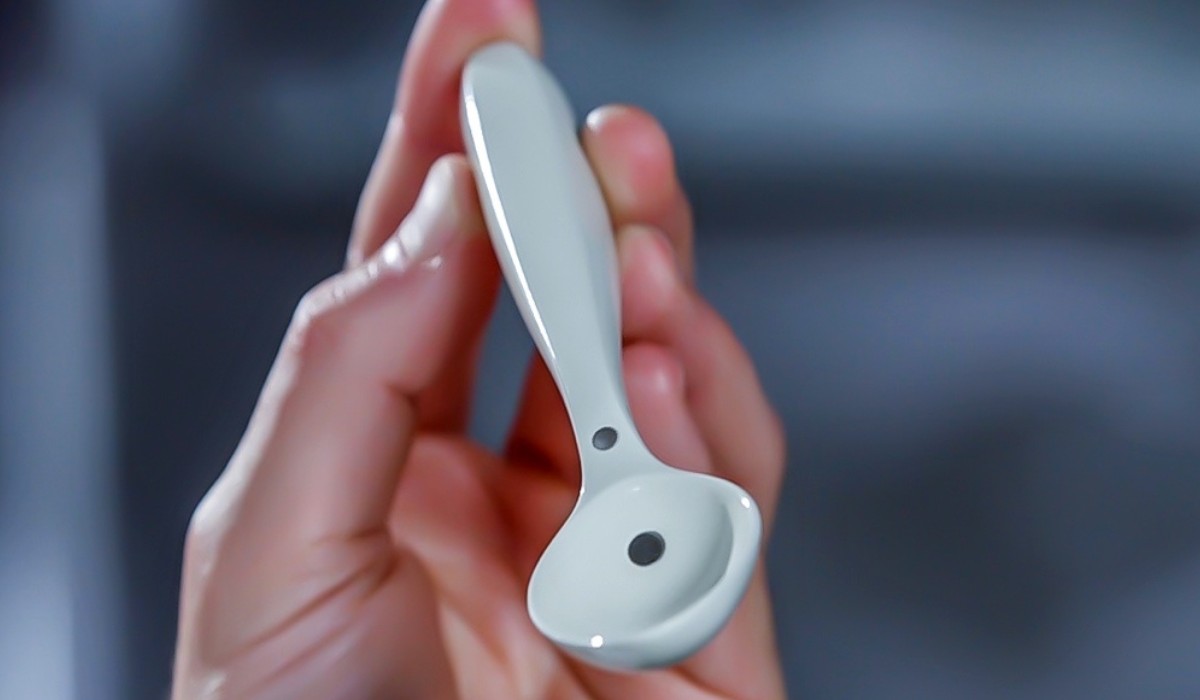Japanese beverage giant Kirin Holdings is set to revolutionize the way we perceive taste with the launch of an electrified spoon designed to enhance the salty flavors of food without adding extra sodium. This groundbreaking product, aimed at promoting healthier eating habits, is a testament to the company’s pivot towards healthcare and innovation.
A Technological Marvel
The Electric Salt Spoon, which made its debut on Monday, is the first commercialized version of a technology that won an Ig Nobel Prize last year. The Ig Nobel Prizes celebrate unique and whimsical scientific achievements, and Kirin’s electric spoon certainly fits the bill.
Priced at $127, Kirin will initially release just 200 units online this month, followed by a limited retail run in Japan in June. The company has ambitious plans to expand globally, targeting one million users within the next five years. International sales are expected to begin next year.
How It Works
The spoon, a collaboration between Kirin and Meiji University professor Homei Miyashita, is made of plastic and metal. It works by generating a weak electric field that enhances the perception of saltiness by concentrating sodium ion molecules on the tongue. This technology was first demonstrated with prototype electric chopsticks, which Miyashita showcased previously.
An employee of Kirin Holdings demonstrates the electric spoon that can reportedly enhance the salty taste of food in Tokyo, Japan, on May 20, 2024. (REUTERS/Tom Bateman/File Photo / Reuters Photos)
Addressing a Health Concern
Japan has a cultural preference for salty foods, leading to an average daily salt intake of about 10 grams per adult—double the World Health Organization’s recommended amount. High sodium intake is associated with health risks such as high blood pressure and strokes. Kirin researcher Ai Sato highlighted the challenge of reducing salt consumption while maintaining the traditional flavors Japanese people love.
“Japan has a food culture that tends to favor salty flavors,” Sato said. “Japanese people as a whole need to reduce the amount of salt intake, but it can be difficult to move away from what we’re used to eating. That’s what led us to develop this electric spoon.”
Practical and Award-Winning
Weighing just 60 grams, the Electric Salt Spoon is powered by a rechargeable lithium battery, making it both practical and easy to use. The innovative technology earned Miyashita and his co-creator, Hiromi Nakamura, the Ig Nobel Nutrition Prize. The award was presented by immunologist and Nobel Prize laureate Peter Doherty in an online ceremony last year.
As Kirin Holdings transitions from its traditional beer business towards healthcare innovations, the Electric Salt Spoon represents a significant step forward in promoting healthier eating habits globally. The company’s commitment to reducing sodium intake without compromising on flavor could have a profound impact on dietary practices, both in Japan and around the world.











